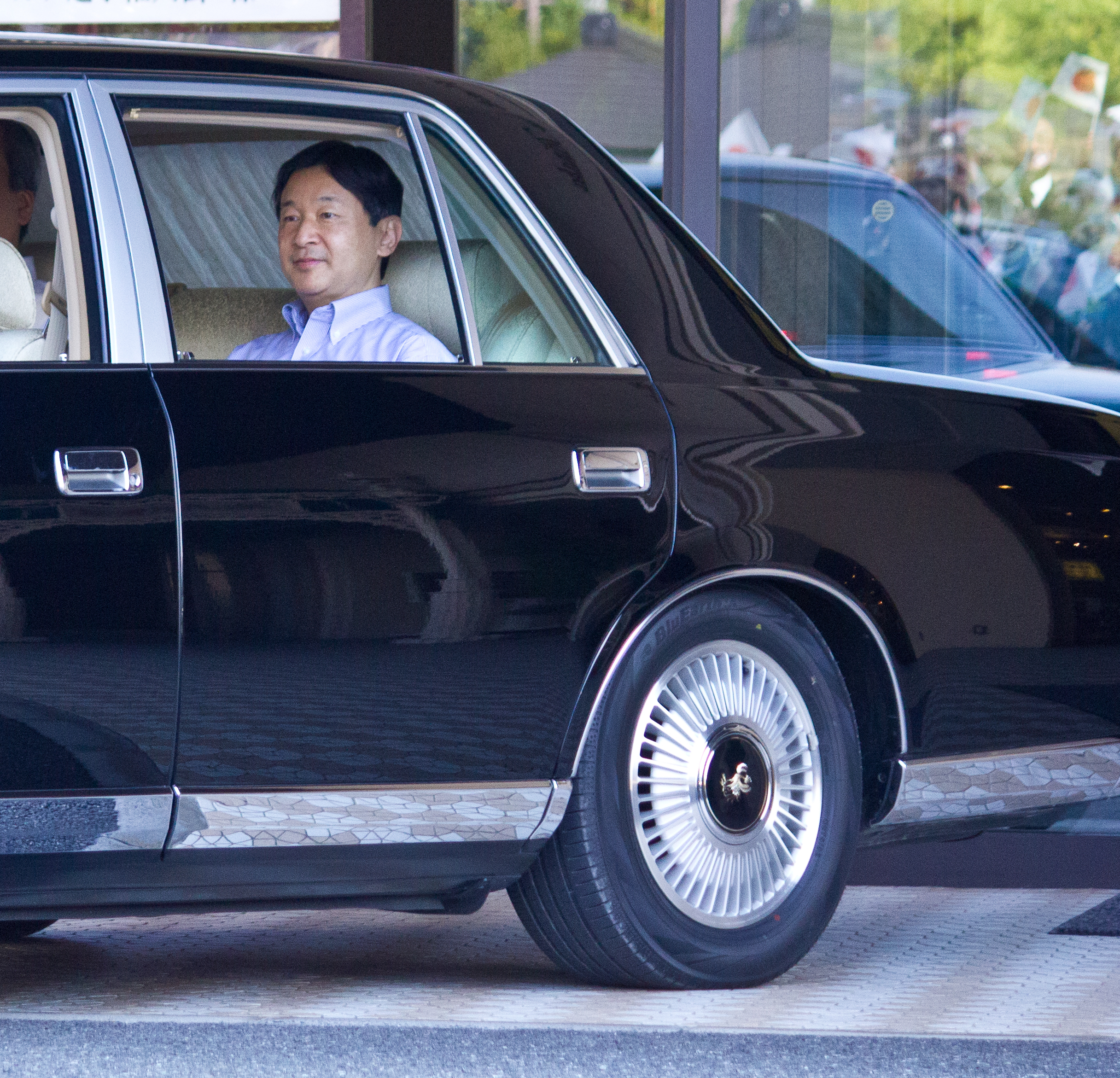
TOKYO – Japan’s Emperor Naruhito greeted the public Saturday for the first time since his succession, expressing hope for Japan to keep pursuing peace.
Naruhito ascended the Chrysanthemum Throne on Wednesday, a day after his 85-year-old father, Akihito, abdicated.
From a balcony overlooking the palace ground, Naruhito thanked throngs of well-wishers for congratulating him.
“I am deeply grateful and pleased that I am receiving celebration from you all today,” said Naruhito, wearing a formal suit and standing next to his wife, Empress Masako. “I wish for your health and happiness, and sincerely hope that our country pursues world peace hand in hand with other countries and will develop further.”
As he waved from the balcony, where he was accompanied by other members of his royal family, the spectators cheered, took photos and waved Japanese flags. Akihito, who became the emperor emeritus, and his wife Michiko, were not present to avoid concerns about interference with the serving emperor.
Naruhito was scheduled to make balcony appearances several more times through the evening to greet many more people still waiting in long lines outside the palace. More than 140,000 people came to celebrate, the Imperial Household Agency said.
The 59-year-old new emperor is a historian who studied at Oxford. He is the first emperor born after World War II and the first who has studied overseas.
Naruhito, at his May 1 succession ceremony, pledged to emulate his father in seeking peace and staying close to the people.
Akihito took the throne in 1989 and devoted his career to making amends for a war fought in his father’s name while bringing the aloof monarchy closer to the people. His era was the first in Japan’s modern history without war.
Emperors under Japan’s postwar constitution are given only a symbolic status without political power.
The nation celebrated the imperial succession prompted by retirement rather than death. Still, there has been a lack of discussion about maintaining the monarchy’s male-only succession rules and other paternalistic traditions.
Naruhito’s wife, a Harvard-educated former diplomat, is still recovering from stress-induced mental conditions that she developed about 15 years ago after facing pressure to produce a male heir soon after giving birth to their daughter Aiko, now 17.
Naruhito’s succession leaves only two younger male heirs in line for the throne, his 53-year-old younger brother Fumihito and 12-year-old nephew Hisahito.
Adding to the issue, the family faces a declining royal population because female royals are stripped of their status when they marry commoners.